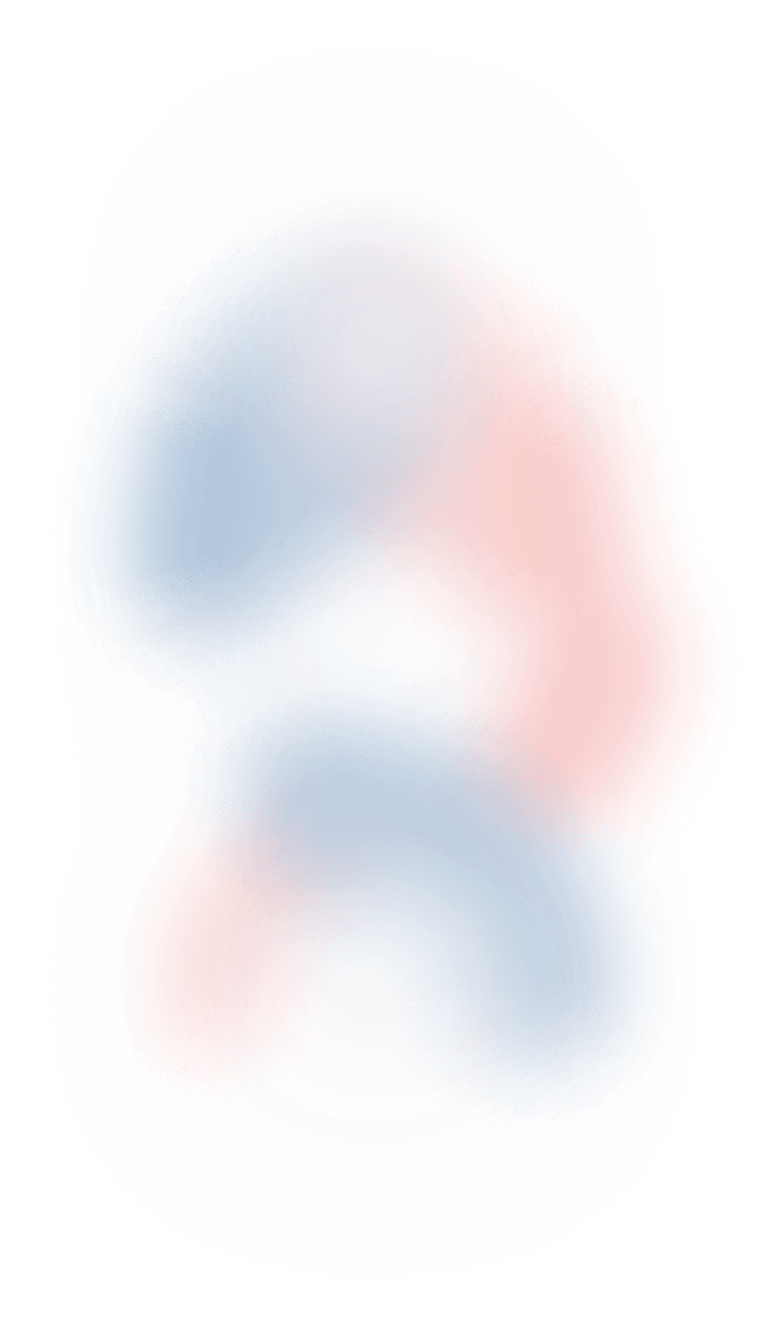Missouri cannabis law
| Medical patients | 6 oz |
| Recreational users | 3 oz |
| Medical patients | 4% |
| Recreational users | 6%, plus local sales tax |
| Medical patients | 6 flowering plants, 6 nonflowering marijuana plants (over 14 inches tall), 6 clones (plants under 14 inches tall) Requires a Patient Cultivation Card |
| Recreational users | 6 flowering plants, 6 nonflowering marijuana plants (over 14 inches tall), 6 clones (plants under 14 inches tall) Requires a Consumer Cultivation Card |



Do I qualify?


Concise guide to Missouri medical marijuana laws
- Alzheimer’s disease (agitation related to)
- Any terminal illness
- Autism
- Cancer
- Crohn’s disease
- Chronic pain/neuropathy
- Epilepsy
- Glaucoma
- Hepatitis C
- HIV/AIDS or cachexia or wasting syndrome
- Huntington’s disease
- IBS
- Intractable migraines
- Lou Gehrig’s disease
- Multiple Sclerosis
- Opioid substitution
- Parkinson’s disease
- PTSD or other “debilitating psychiatric disorders”
- Tourette syndrome
- Sickle cell anemia
- Seizures
- Any “other chronic, debilitating or other medical condition” that may be alleviated by marijuana “in the professional judgement of a physician”
Up to six ounces may be purchased per 30 days.
Yes, up to six flowering plants. Qualifying patients must obtain an identification card from the Department of Health. Cultivation must take place in a “closed, locked facility.”
Yes.
Yes, primary caregiver must be 21 years of age and must be registered with the Department of Health. No caregiver can serve more than three patients.
111,836
Source: Division of Cannabis Regulation, as of April 2024
No
Apply for your medical cannabis card in Missouri

Detailed overview of Missouri medical marijuana regulations
Possession limits for medical cannabis patients in Missouri
Medical cannabis patients in Missouri enjoy certain privileges when it comes to possession limits, providing them access to an adequate supply for their therapeutic needs.
According to Article XIV regulations, individuals holding an approved Patient ID card or a Caregiver ID card acting on behalf of a licensed patient have the privilege of purchasing up to 6 ounces of dried, processed marijuana or its equivalent within a 30-day timeframe. However, there’s flexibility in these limits. If a physician or nurse practitioner certifies a patient for a greater amount, the patient or caregiver can possess up to a 60-day supply, which equates to 12 ounces, unless the certifying medical professional authorizes more than 6 ounces in 30 days.
For qualifying patients needing amounts exceeding 6 ounces, their certifying physician or nurse practitioner can determine a higher limit based on compelling reasons and certify this on the official certification form. Importantly, only one certification form is necessary, irrespective of whether the recommended amount is 6 ounces or a higher specified limit. This flexibility allows patients to access an appropriate supply tailored to their medical needs, ensuring a seamless and effective therapeutic experience.
Cultivation and responsible use of medical cannabis in Missouri
To ensure responsible and secure patient cultivation, Missouri has established specific regulations that qualifying patients must adhere to:
- Cultivation area:
- All qualifying patient cultivation must occur in a secured, enclosed facility.
- The facility should be equipped with security devices that allow access only to the qualifying patient or their primary caregiver.
- Cultivation limits:
- A single qualifying patient is allowed to cultivate up to six flowering marijuana plants, six nonflowering marijuana plants (over 14 inches tall), and six clones (plants under 14 inches tall) simultaneously in a single, enclosed locked area.
- Two qualifying patients, both possessing valid cultivation ID cards, may share one enclosed, locked area.
- The shared facility may contain up to 12 flowering marijuana plants, 12 nonflowering plants, and 12 clones. However, if one of the qualifying patients, acting as a primary caregiver, holds a cultivation ID card for another patient, they may cultivate an additional six flowering marijuana plants, six nonflowering plants, and six clones, bringing the total to 18 of each in a single, enclosed locked facility.
- Labeling requirements:
- All cultivated flowering plants must be clearly labeled with the qualifying patient’s name.
- Display of DHSS-issued cultivation authorization:
- The DHSS-issued cultivation authorization must be visibly displayed within the enclosed cultivation area.
- The authorization should list the name of the qualifying patient or primary caregiver and the address of the facility authorized for marijuana cultivation.
- Card validity:
A patient cultivation identification card remains valid as long as the qualifying patient’s identification card is valid, up to three years from its date of issuance.
Caregiver responsibilities in Missouri
In Missouri, primary caregivers hold significant responsibilities in supporting certified patients with the proper use and oversight of medical cannabis. Here are the key points to understand:
- Definition of a primary caregiver:
- At least 21 years old.
- Responsible for managing the well-being of a Qualified Patient.
- Designated by the qualified patient on the primary caregiver’s application or in written notification to the Department.
- Authorization and duties:
- Authorized by the qualified patient to purchase and possess marijuana.
- May be authorized to cultivate medical marijuana plants on behalf of the qualified patient.
- Limitations on caregivers:
- An individual can be a licensed caregiver for up to six (6) separate patients and therefore hold up to six (6) caregiver ID cards.
- Only legal guardians or parents of a licensed minor patient may serve as their licensed caregiver. The legal guardian or parent completing the Parental/Legal Consent Form must serve as the qualified patient’s primary caregiver.
- Number of designated caregivers:
- Patients can designate up to two caregivers.
- Documentation for caregiver ID card application:
- Requires a legible copy of the primary caregiver’s government-issued photo identification.
- A clear, color digital photo showing the applicant’s face.
- Submission of a completed patient authorization form or written consent of the parent or legal guardian serving as the primary caregiver.
Understanding and adhering to these responsibilities is essential for caregivers to provide the necessary support to patients while remaining compliant with Missouri’s medical cannabis regulations.
Medical marijuana reciprocity and access for non-residents in Missouri
Missouri’s Medical Marijuana Regulatory Program (MMRP) does not currently offer reciprocity with other state medical marijuana programs. This means that individuals licensed in another state do not automatically qualify for a medical marijuana license in Missouri.
Despite the lack of reciprocity, Missouri’s medical marijuana program stands out by not mandating proof of residency within the state. While the program requires various pieces of information for application, current residency in Missouri is not a prerequisite. This unique approach offers flexibility for individuals seeking access to medical marijuana in Missouri, regardless of their current state of residence.
























